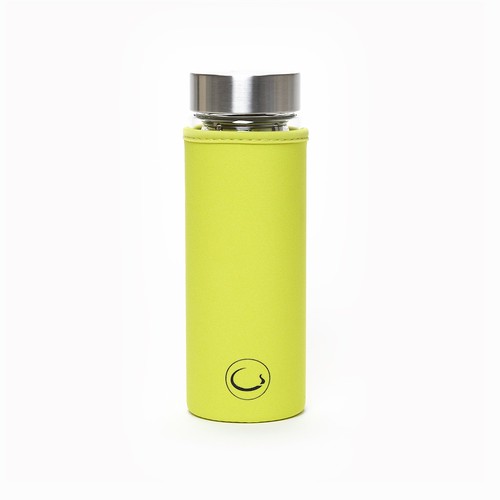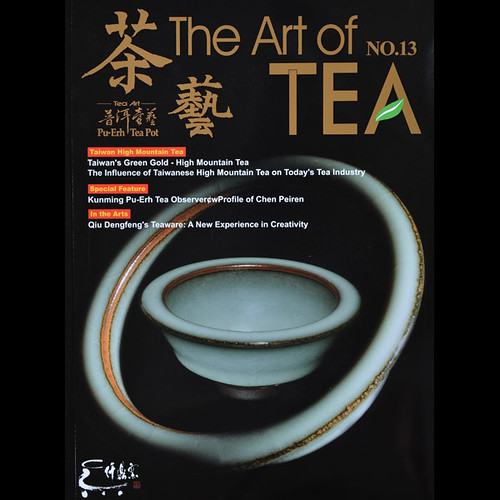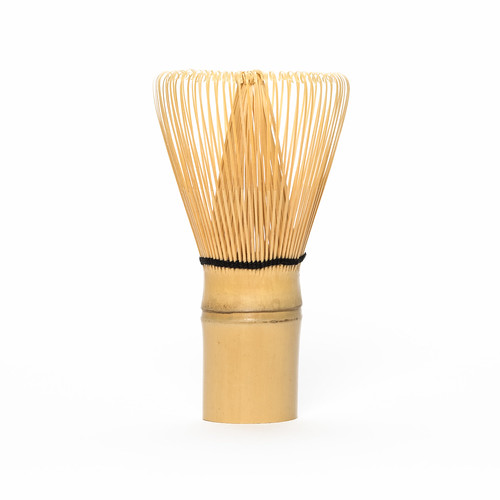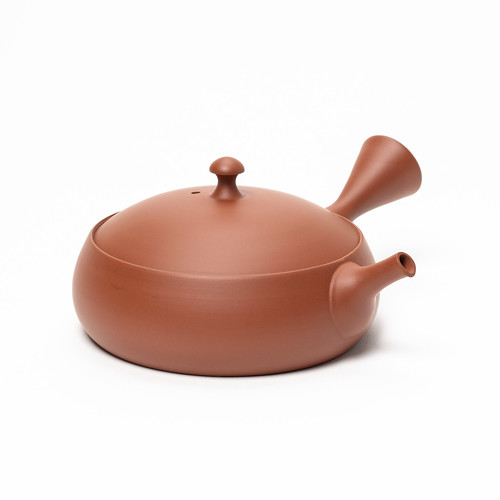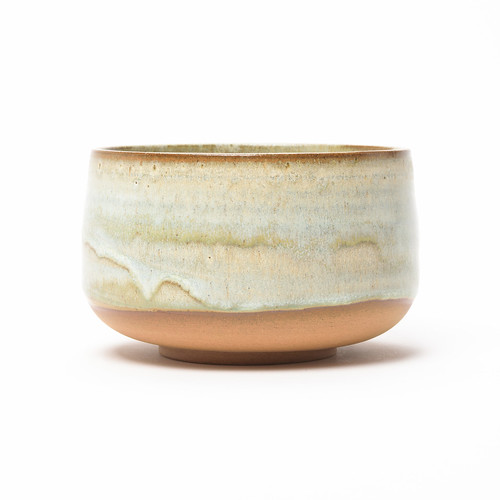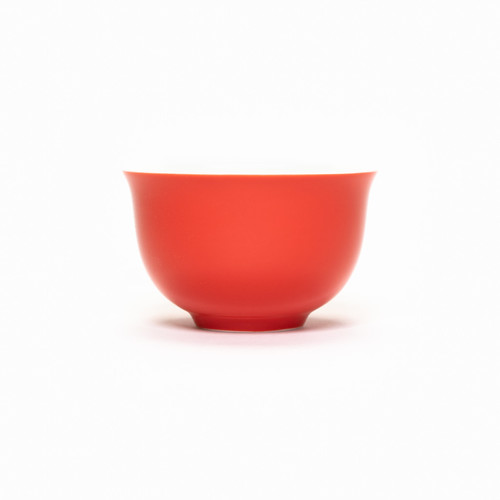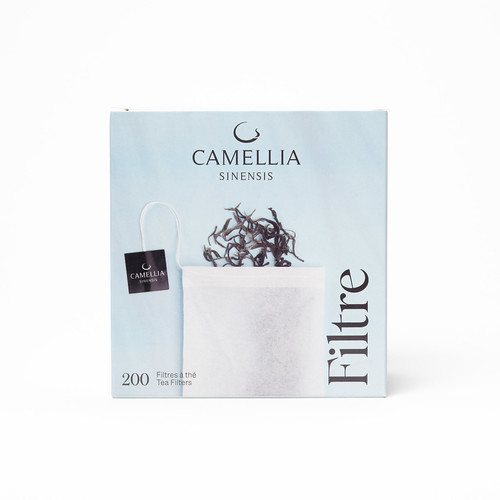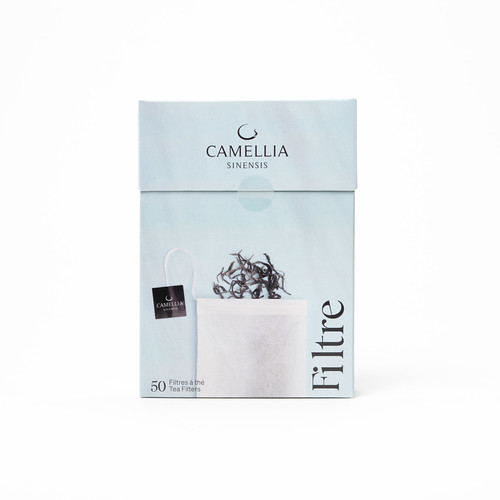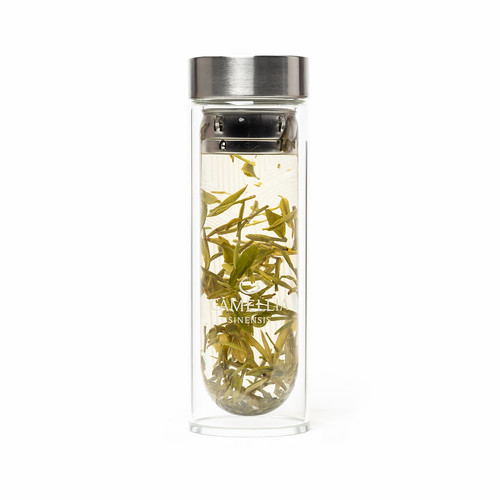
Good Tea: A Simple Passion
Having travelled to origin for so many years, we are convinced that tea quality is directly related to the way it is cultivated. Just like any other natural product. So when we buy tea there are many points we check for in the tea garden: location, conditions, inputs and interventions. Here at Camellia Sinensis, we are passionate about good tea. But “good tea” isn’t limited to taste. It goes far beyond that as it also taking into account environmental and human factors. Tasting quality teas can easily be done at home. Visiting gardens, meeting farmers, observing cultures and measuring social impacts… these things ask for a different level of commitment and are part of our pride and passion.
Agricultural Product
When we visit our producers’ tea gardens, many factors are easily observed on site: richness of soil, purity of air and water, healthy environment and ecosystem, etc. Other more subtle factors, such as the use of chemical fertilizers and pesticides, can also be deduced from visual clues. But to measure them precisely, we need help from laboratory tests.
If an international organic certification is still the safest way to ensure total absence of chemicals in tea, it is unfortunately often too costly for small scale producers. This being said, we are nonetheless interested in knowing what is used and how clean the teas are. By observing on site how tea is grown and by hiring independent laboratories to run tests on our products, we ensure that the agricultural methods are clean and reasoned, meaning that they are carried with respect for both nature and environment, and for the health of producers and consumers alike.
Pesticide Tests
In 2008, during the planning of our first book on tea we commissioned the Quebecois laboratory Transbiotech to begin various analyses of our privately imported teas for antioxidants, caffeine, humidity and heavy metals content. Research continued into 2013 when we commissioned more tests, relating more specifically to pesticides, this time in the laboratory of the ‘Centre d’Expertise en Analyse Environnemental du Québec’. These analyses showed a clear correlation between what we’ve been observing on site for more than 10 years and what was found in our cups. Every year we send a selection of our teas for analysis at the high-tech SGS Laboratory in Berlin, Germany.
Each tea is put through intense testing for 600 chemical insecticides, herbicides and fertilizers. This way we can be sure that all our teas are either completely chemical free or that any minute traces of residues are below the very stringent norms of the European Community.
You can find them here.
These tests are very important to us as they not only allow for a better idea of what is in our products, but also help us maintain trust between producers, buyers and consumers. Everybody wants a good, clean cup.










